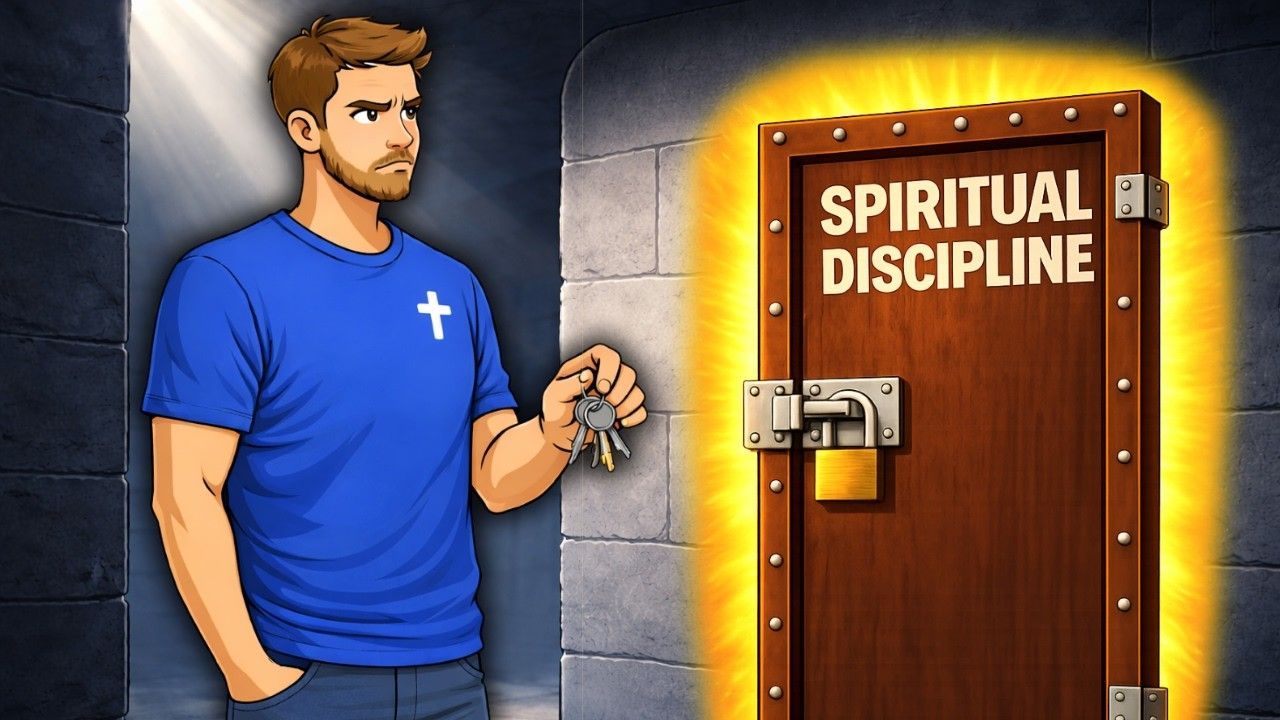The 4 Types of Youth Pastors (And Which One Are You?)
What Kind of Youth Pastor Are You? Unpacking Four Leadership Styles
Every youth pastor leads a little differently, shaped by their strengths, calling, and personality. But what if your greatest strength is also your biggest blind spot?
In a recent episode of Beyond the Youth Room, hosts Ryne and Keith explore the four types of youth pastor leadership styles—offering practical insight, biblical examples, and a few laughs along the way. Whether you’re leading students yourself or working alongside someone who is, this breakdown will help you reflect, grow, and ultimately better equip students to live for Christ.
1. The Visionary (Authoritative Leader)
Big-picture thinker. Bold dreamer. Faith-filled trailblazer.
The Visionary youth pastor casts bold vision and inspires others to rally around it. They're driven by purpose and momentum, often asking, “What does God want us to do?” rather than, “What can we do with what we have?”
Strengths
- Clear communication
- Future-minded thinking
- Motivates innovation and growth
Cautions
- Can overlook details
- May leave team members behind
- Frustrated by slow progress or hesitant followers
Youth Pastor Example:
Launches a bold campus outreach, but forgets to check in with overwhelmed volunteers.
Biblical Example: Nehemiah – cast bold vision and led with unwavering faith, even when rebuilding a wall in dangerous times.
2. The Shepherd (Affiliative Leader)
Relational glue. Empathetic presence. Heart-forward care.
The Shepherd prioritizes emotional safety and relationships. They’re deeply present and nurture strong community.
Strengths
- Builds trust quickly
- Creates welcoming culture
- Provides meaningful pastoral care
Cautions
- Avoids confrontation
- Struggles to challenge students toward growth
- May become indecisive when facing conflict
Youth Pastor Example:
Faithfully follows up with students and attends games—but avoids correcting an unprepared student leader.
Biblical Example: Barnabas – an encourager who believed in others and stuck with them through their lows.
3. The Coach (Democratic Leader)
Team-builder. Empowerer. Collaborative planner.
The Coach invites others into ownership and decision-making. They listen well, delegate often, and value buy-in.
Strengths
- Builds shared leadership
- Engages students and volunteers
- Reduces burnout through healthy delegation
Cautions
- Can get bogged down in discussion
- Might delay action for the sake of consensus
- Risk creating confusion without clear direction
Youth Pastor Example:
Invites students to help shape the next teaching series, but spends too long in planning and misses key deadlines.
Biblical Example: Moses (post-burnout) – learned to empower others and lead with structure.
4. The Commander (Directive Leader)
Highly organized. Mission-focused. Clear under pressure.
The Commander keeps everything running smoothly. They create structure, drive consistency, and lead with confidence, especially in high-stakes moments.
Strengths
- Thrives under pressure
- Brings clarity and order
- Keeps people and systems aligned
Cautions
- May miss relational needs
- Can feel rigid or overly task-focused
- Might prioritize logistics over personal connection
Youth Pastor Example:
Runs a flawless fall kickoff event—but misses the chance to welcome a nervous student by the snack table.
Biblical Example: Paul – unwavering in mission, clear in direction, and relentlessly focused on advancing the gospel.
So...Which One Are You?
Ryne and Keith shared their own reflections:
- Ryne identifies most with The Commander, but recognizes a need to grow in delegation and shepherding.
- Keith leans toward The Visionary, often seeing the end goal clearly but needing help with the “how.”
But they also reminded us of a crucial truth: You’re not locked into one type. Like Moses, Paul, Nehemiah, or Barnabas, your leadership can grow and evolve over time. You may even need to adopt a different style depending on your ministry season.
The Mission Behind the Styles
At the end of the day, leadership styles are tools—not destinations. As Ryne and Keith said, the real job of a youth pastor is to equip students to share the gospel, make disciples, and live for Christ. So whether you're a Visionary, Shepherd, Coach, or Commander, the ultimate goal remains the same: help students know Jesus and make Him known.
Looking for more support on your journey? Check out the Youth Ministry Mastermind—a free online community with resources, training, and encouragement for youth pastors and leaders like you.
And if you’re not sure what kind of leader you are? Send this episode to a trusted friend or team member and ask:
“Which one do you think I am?”
You might be surprised what you learn.











